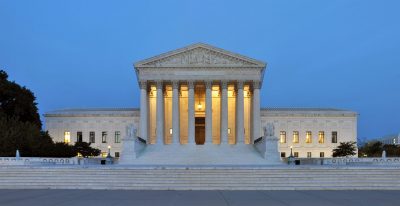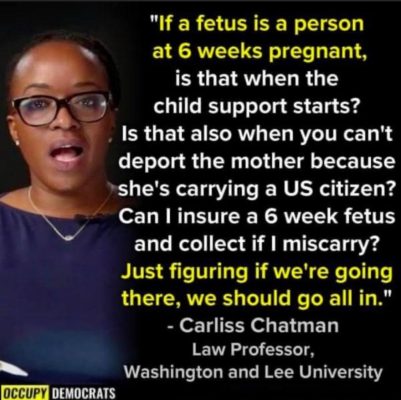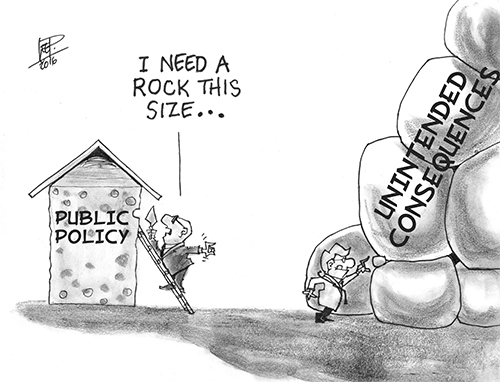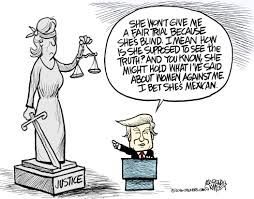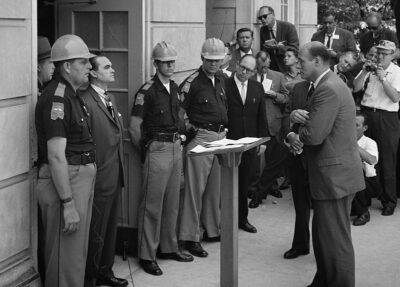
“The past is never dead. It’s not even past” (William Faulkner, Requiem for a Nun). The latest escapade over voting in the Confederacy would seem to bear that out. At any moment one imagines George Wallace rising out of the mist from the world beyond to take charge of the Alabama state legislature. Since the story is still unfolding, perhaps he will.
THE 3/5TH COMPROMISE
The three-fifths compromise has attained a certain notoriety in American history. On the plus side it was part of the Great Compromise which helped make the ratification of the Constitution possible. On the negative side, it defined slaves to a secondary status in the American political arena. They would be counted in determining the population of a state but with three strikes against them.
Strike One – an individual counted as only 3/5th of a human being
Strike Two – the total Congressional legislators allocated to a state would include the total with the 3/5th people in the population of the state
Strike Three – the 3/5th people could not vote in the elections not even partially.
The consequence of the compromise was that the future Confederacy received a disproportionate number of representatives related to the number of people in the state. That also meant a higher number of electors in the presidential elections. The unsurprising results was a skewing of the vote totals on behalf of the future Confederacy.
GERRYMANDERING AND THE NEW CONFEDERACY
The South shall rise again. How often have you heard that phrase? For a while, it seemed as if the South might become a one-person, one-vote region as expected in the Civil Rights and Voting legislation in the 1960s. That wish was shortchanged requiring the Supreme Court to step in and to ensure equal voting at the state level. Then the Court stepped back based on the false belief that its work was done. Surprise! Surprise! Surprise! The New Confederacy came roaring back as if nothing had changed. The new game into town was gerrymandering.
Gerrymandering isn’t as rigid or obvious as the 3/5th rule. However the effect is just the same. Through gerrymandering Confederates can manipulate the voting districts so as to reduce the voting impact of the former 3/5th people. Now they count as full people but they are dispersed over multiple voting districts based on the lines drawn by the supermajority Confederate legislatures so as to dissipate their strength. The net result is a discrepancy between the number of Confederate representatives and the population of Confederates compared to the former 3/5th people who remain shortchanged.
This manipulation of the voting districts maximizes the Confederate number of representatives at the state and federal level. Given our winner-take-all voting, gerrymandering in and of itself does not directly impact statewide voting. For that, voter suppression is required but that is a separate story.
However we can readily observe today how gerrymandering impacts Congress just as it would have two centuries ago. Right now, the House of Representatives is divided roughly into two equal sides. We saw in the last election, how much impact a single state could have with its oh too clever machinations in New York. In that state, the loss of Democratic seats contributed to the Republicans winning the majority.
Something similar could happen in the reverse if Confederate gerrymandering ceased. House Speaker Kevin McCarthy is certainly well aware of the stakes in Alabama. Although only one seat potentially is at risk in that state that still is a significant percentage of the spread in the House especially given illnesses, deaths, and vacancies for other reasons. Add the other Confederate states skilled in the same arts of gerrymandering as Alabama and the next thing you know the political totals shifts ever so slightly, enough to change the balance of power in the House all other things being equal.
Alabama knows the stakes as well. It knows that a fight for Confederate control in that state is a fight for Confederate control in other states is a fight for control of the House. If there is another change in the New York Congressional districts that could further complicate the efforts of Republicans to retain control of the House.
THE UNION AND THE CONFEDERACY
How far will the Confederates go in pursuit of control by undermining the vote of the 3/5th people? For now it is willing to defy the Supreme Court. Even the Trump Court may not be willing to back down before such a brazen act of defiance. Unlike last time, there will be no George Wallace standing at the door. If the Supreme Court orders the Alabama legislature to remain in session until a fair map is drawn, would Alabama comply? If the Supreme Court drew its own districting map, would Alabama comply? How would the Supreme Court enforce it? We know about two slates of presidential electors but what about two slates of Congressional representatives from Confederate states?
As this point no one knows what will happen. I doubt Alabama or the other Confederate states would divorce over this but you never know What starts out small can spiral out of control (remember World War I). I doubt that the non-Confederate portions of the Confederate states will secede from the state and create new Union states although that Constitutional option is available to them. It would be ironic if the very document that created the 3/5th people in the first place now was used to free those very people from continued rule by Confederates.


